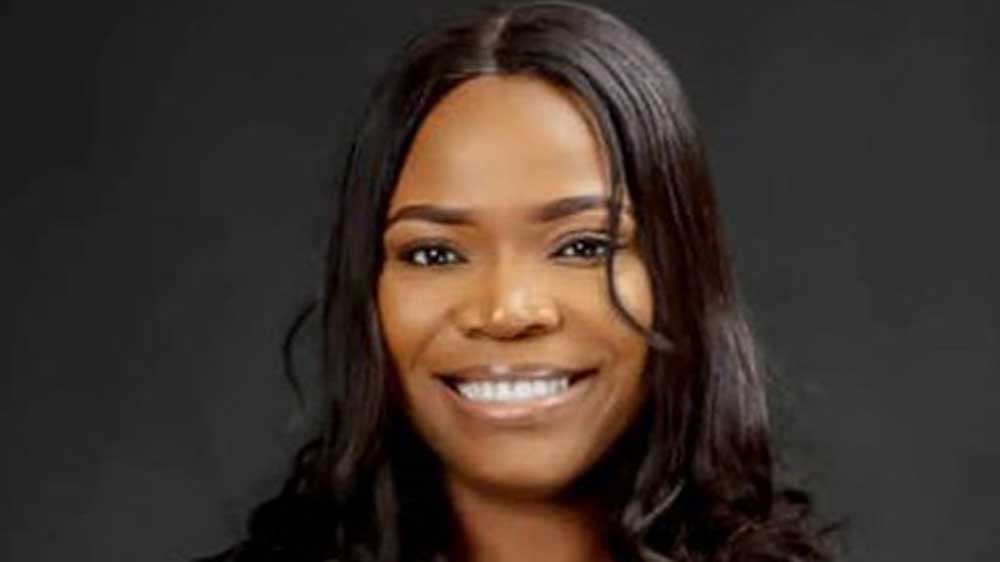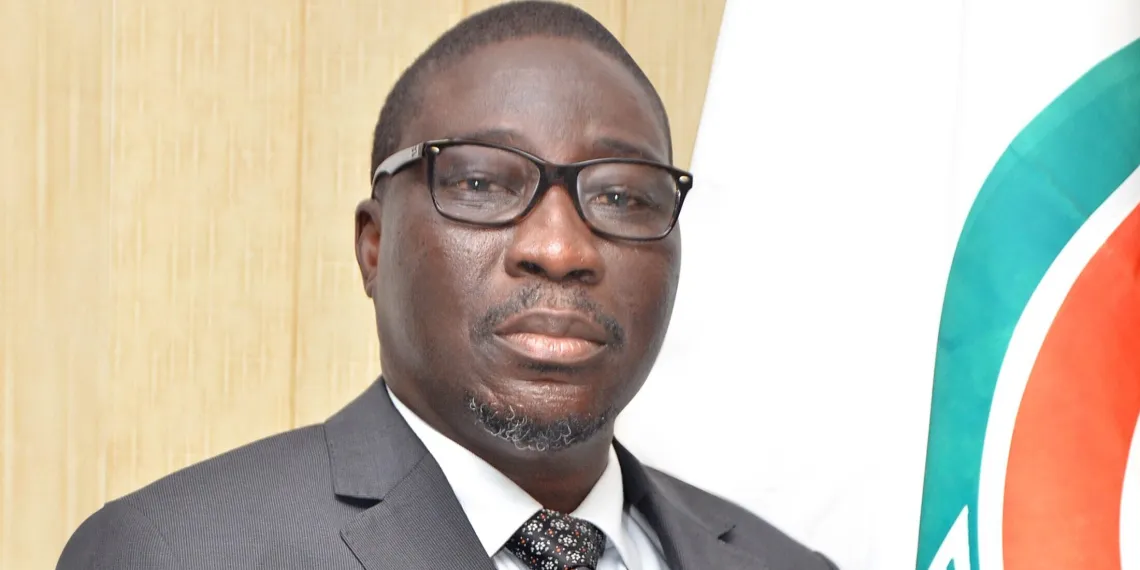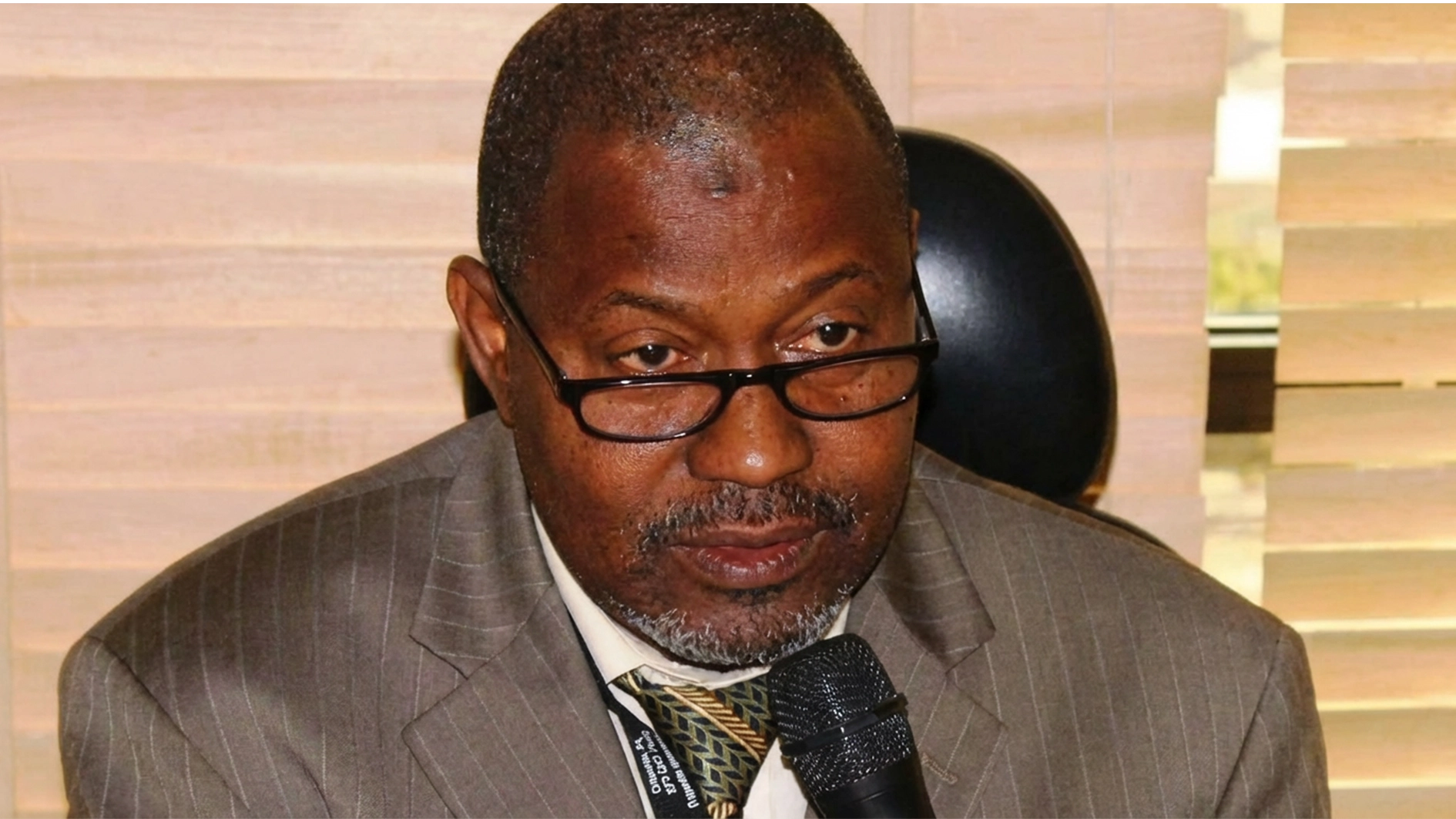Justice Mabel Segun-Bello of the Federal High Court has lamented the rising exodus of young lawyers from the Nigerian legal profession, attributing it to economic hardship, frustration, and the absence of structured mentorship within the Bar.
She said the legal profession is fast losing its continuity as many young lawyers abandon courtroom practice for corporate jobs, politics, and entrepreneurship.
Speaking at the Legacy Dialogue 2.0 organised by the Johnny Agim, SAN (JASAN) Foundation in Abuja on Friday, Justice Segun-Bello observed that many junior lawyers ultimately left private practice, adding that they left prematurely for corporate roles, politics, or entrepreneurship.
The event, themed “Institutionalisation of Mentorship in the Legal Profession: A Strategic Blueprint for Professional Development,” brought together judges, senior advocates, and legal scholars to discuss strategies for rebuilding professional ethics and intergenerational collaboration within the Bar.
She said that in her 10 years on the Federal High Court Bench, she has witnessed a steady decline in the number of young lawyers appearing in court.
Her words: “The economic realities combating both senior and younger lawyers complicate mentorship. Poor remuneration, lack of structured welfare, and unrealistic work expectations leave little or no room for long-term professional reflection. The result is a culture of short-term survival.
“Many juniors leave private practice ultimately, and they live prematurely for corporate roles, politics, or entrepreneurship. And there is nothing wrong with this. I’m also one of those who did that.
“At some point, I left for the banking industry. I worked in the bank for a short while as a credit administration officer. Then I realised that I’m not ready to live my life on credit, and I went back to get that profession.
“My observation in the last 10 years on the bench is that fewer and fewer young lawyers come to court. Some two weeks ago, I had the luxury of seeing three young lawyers at once in my court.
“I called them to my chambers. I spoke words of encouragement to them. I said, you know why I’m speaking to you? Because I know that in the next six months, I won’t see you on this landscape again if there’s no one to encourage you and give you words of hope.
“So today, I told them, take these words as a word that will be reverberating in your mind every time you think of leaving the profession. Because if we do not do that, we will get to a point where only the old wigs will be left in this profession, and any profession that leaves its young ones unguarded will lose continuity.
Justice Segun-Bello lamented that without strong mentorship and deliberate nurturing, the legal profession risks both moral and institutional collapse.
She urged senior lawyers and judges to take responsibility for mentoring younger practitioners, stressing that encouragement and guidance could rekindle passion and restore dignity to the profession.
Justice Segun-Bello, who pioneered the introduction of digital affidavits in the Nigerian judiciary, noted that while technological innovation has made legal processes faster and more accessible, it has also eroded the traditional mentorship structure that once defined the profession.
Speaking in support of Justice Segun-Bello’s position, Supreme Court Justice Emmanuel Agim commended her for highlighting what he described as a silent crisis within the profession.
“Justice Segun-Bello has reduced a complex professional dilemma into simple, actionable guidance. Her words should not just end here; they deserve to be documented as a blueprint for mentorship in our legal system”, he said.
Founder of the JASAN Foundation, Johnny Agim (SAN), said the Legacy Dialogue was conceived to inspire reflection among members of the legal community and to restore the mentorship values that once defined the profession.
He said, “Our goal is to ensure that every generation of lawyers understands the duty of passing the torch. We cannot build a sustainable legal culture if we do not intentionally invest in the next generation.”
On his part, the Attorney General and Commissioner for Justice, Ondo State, Dr. Kayode Ajulo (SAN), called for the institutionalisation of mentorship across Nigeria’s legal profession to ensure the transmission of values, discipline, and professional excellence to younger generations.
He said mentorship must move beyond informal relationships to become a structured system that connects young lawyers with experienced practitioners.
Ajulo noted that many of the profession’s finest traditions risk fading without deliberate mentorship frameworks.
“We must transition from informal, personality-driven mentorship to a robust, systematic approach that connects every young lawyer with the guidance they need,” he said.






